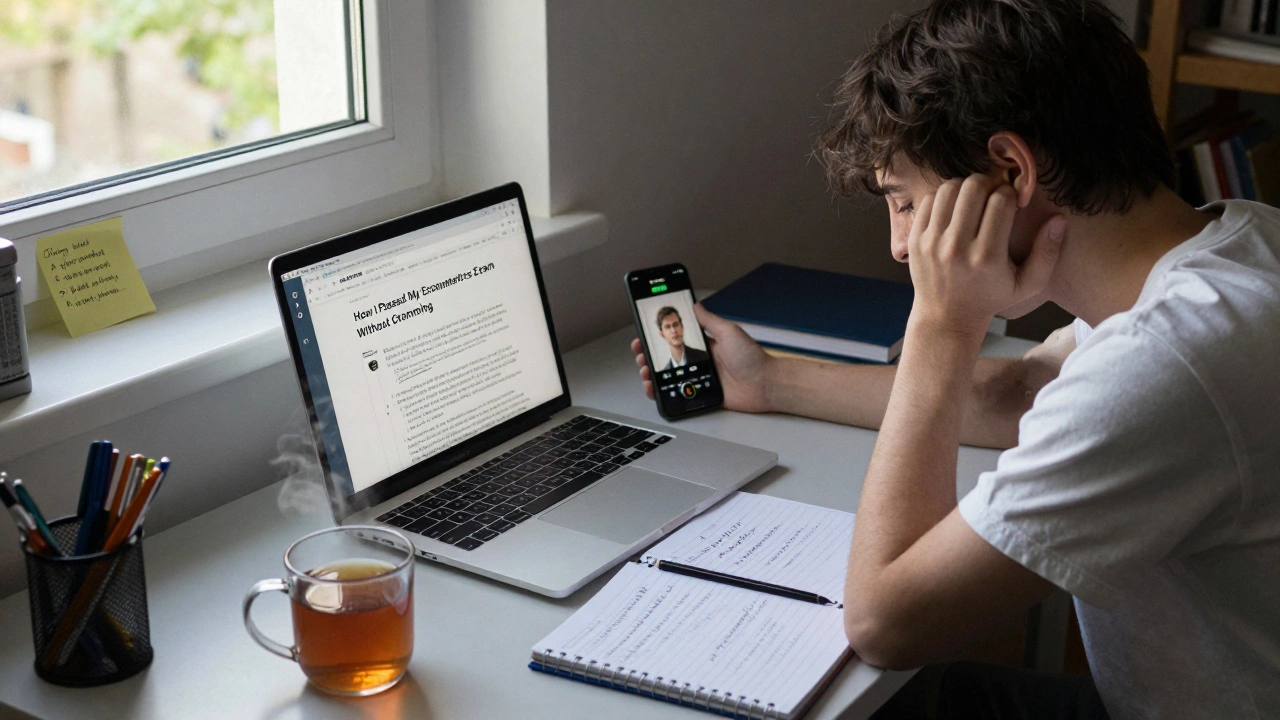Student Creators: How UK Students Are Building Blogs, Art, and Side Hustles
When you think of a student creator, a student who produces original content, art, or digital work while studying. Also known as creative student, it’s not just about posting on Instagram—it’s about turning lectures, late-night thoughts, and campus life into something real. In the UK, students aren’t just absorbing knowledge—they’re making it. They’re writing blogs about NHS dental costs, filming videos on budget travel hacks, designing posters for free campus theatre shows, and building YouTube channels on how to fix a broken bike lock. These aren’t side projects. They’re skills. And they’re changing how students learn, connect, and earn.
Behind every student blogger, a student who writes and publishes regular content online is a need to make sense of university life. One student writes about how handwriting notes beats typing for exams. Another maps out how to use Monzo to track rent payments. These aren’t random posts—they’re guides born from real struggles. Then there’s the student artist, a student who creates visual or performing art as part of their academic or personal journey. They’re not waiting for graduation to show their work. They’re hanging paintings in uni corridors, putting on poetry slams in student unions, and recording music in dorm rooms. These creators don’t need a degree in art to make something meaningful. They just need a space, a voice, and the courage to share it.
And it’s not just about passion. Being a student creator builds real skills: writing under deadlines, editing videos on a phone, managing a small audience, negotiating with landlords for studio space. It’s the same discipline used to cite OSCOLA references or set up a direct debit for rent. The difference? This time, you’re the one in charge. You’re not just following a syllabus—you’re writing it. You’re not just studying mental health—you’re sharing what helped you sleep better during exams. You’re not just reading about sandwich courses—you’re interviewing students who did one and posting the results.
The posts below are full of these moments. You’ll find guides from students who turned their struggles into content: how to find free cultural events, how to avoid rent hikes, how to use light therapy for winter depression. Each one was made by someone who didn’t wait for permission. They saw a gap—between what was taught and what was needed—and filled it themselves. Whether they’re sketching in a library, editing a podcast between lectures, or writing a blog about STI testing, they’re proving you don’t need a title to be a creator. You just need to start.
Published on Jan 4
0 Comments
Learn how UK student creators can turn blog posts into YouTube videos and Shorts without extra work. Repurpose content smarter, not harder, to grow your audience and save time.
Published on Oct 27
0 Comments
UK student creators can build real influence on Instagram by focusing on niche content, posting at the right times, using Reels to solve problems, and engaging authentically-not chasing likes. This guide shows how to turn your student experience into a powerful personal brand.

